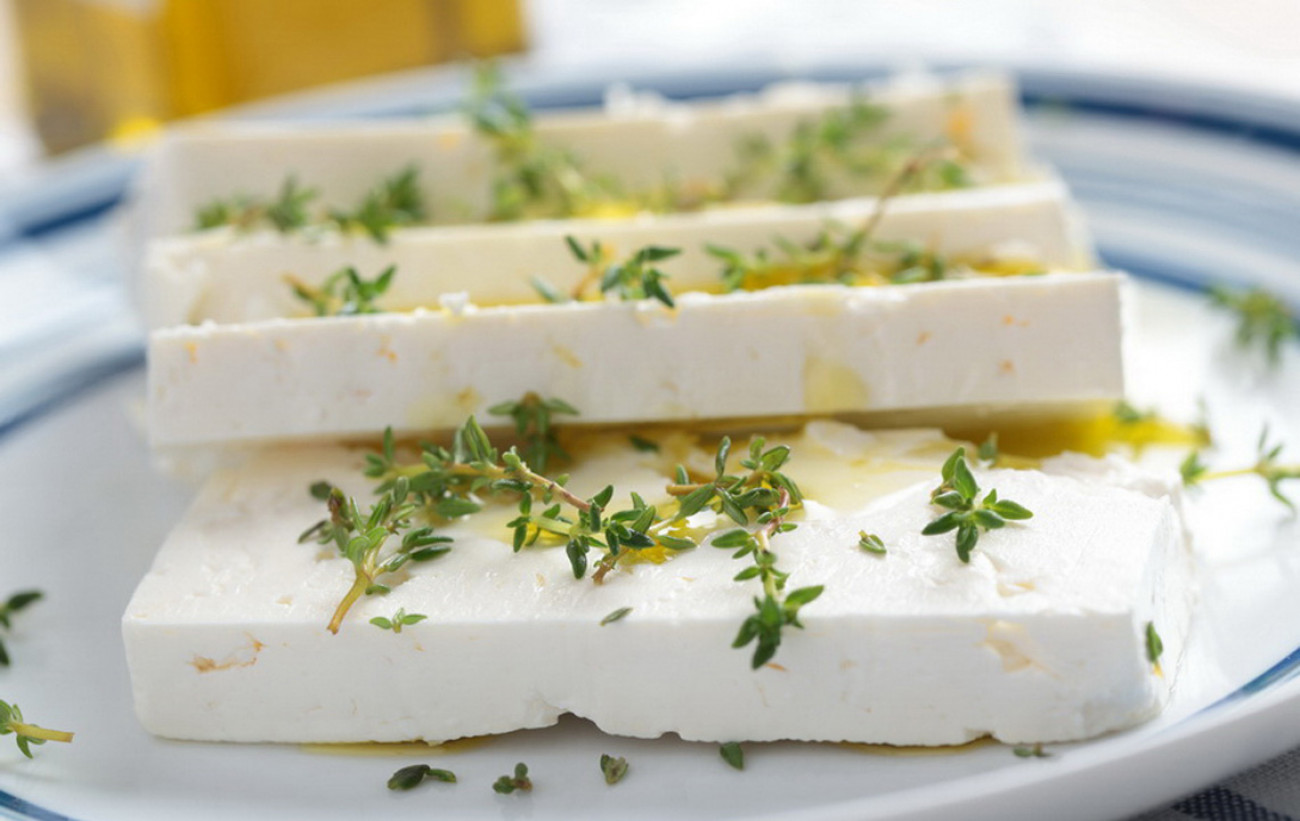
Greece’s agricultural sector is faced with another crisis, threatening to further shrink the industry, as sheep and goat pox, an infectious animal disease, is devastating livestock farms across the country impacting the production and prices of meat, milk and the famous Greek feta cheese.
Over 25,000 animals have already been culled, adding to the losses incurred from the recent outbreak of rinderpest and the widespread destruction caused by the Daniel storm, last year, have resulted in the total loss of over 150,000 animals.
The Ministry of Rural Development and Food implemented heightened biosecurity measures, including a nationwide ban on the movement of sheep and goats in an attempt to monitor the situation, however industry representatives warn that the situation remains extremely damaging, and causing disruptions to the dairy market.
Livestock farmers across Greece are expressing serious concerns that cheese production from sheep and goat milk like feta will be negatively affected, given the fact that the pox virus can survive up to six months and the outlook for livestock losses remaining unpredictable.
The sector’s representatives note that the cumulative effects of storm damage, disease outbreaks and pox are creating an ongoing crisis that threatens livestock farmers’ incomes and the sector’s overall stability.
The slaughtering of entire herds at major livestock farms has led to production disarray, leaving many farmers struggling to remain in the profession. Furthermore, the industry is faced with rising milk prices and higher costs associated with keeping animals confined during the outbreak.
This is particularly crucial for Greece as goat and sheep farming is currently ensuring 90% of the country’s meat self-sufficiency, while the milk produced serves as the main ingredient for feta, Greece’s leading export cheese and a registered PDO product. Feta in particular, is Greece’s primary dairy export, with 65% of production going abroad.
However, the crisis is not only affecting feta production but other Greek PDO cheeses such as Graviera Agrafon, Kalathaki Limnou and Manouri to name just a few.
Source: tovima.com
Latest News

German Ambassador to Greece Talks Ukraine, Rise of Far Right & Tariffs at Delphi Economic Forum X
Commenting on the political developments in his country, the German Ambassador stressed that it was clear the rapid formation of a new government was imperative, as the expectations across Europe showed.

Athens to Return Confiscated License Plates Ahead of Easter Holiday
Cases involving court orders will also be excluded from this measure.

Servicers: How More Properties Could Enter the Greek Market
Buying or renting a home is out of reach for many in Greece. Servicers propose faster processes and incentives to boost property supply and ease the housing crisis.

Greek Easter 2025: Price Hikes on Lamb, Eggs & Sweets
According to the Greek Consumers’ Institute, hosting an Easter dinner for eight now costs approximately €361.95 — an increase of €11 compared to 2024.

FM Gerapetritis Calls for Unified EU Response to Global Crises at EU Council
"Europe is navigating through unprecedented crises — wars, humanitarian disasters, climate emergencies," he stated.

Holy Week Store Hours in Greece
Retail stores across Greece are now operating on extended holiday hours for Holy Week, following their Sunday opening on April 13. The move aims to accommodate consumers ahead of Easter, but merchants remain cautious amid sluggish market activity.

Green Getaway Ideas for Easter 2025 in Greece
Celebrate Easter 2025 in Greece the sustainable way with eco-farms, car-free islands, and family-friendly getaways rooted in nature and tradition.

Civil Protection Minister Details Summer Firefighting Plans at Delphi Forum
At the 10th Delphi Economic Forum, Minister of Climate Crisis and Civil Protection Yiannis Kefalogiannis discussed Greece's plans for the upcoming fire season.

How Shops and Markets Will Operate During Easter Holy Week
The Easter holiday schedule has been in effect since April 10, with retail stores open Palm Sunday, and most supermarkets also operating to meet consumer demand for Easter shopping

Why Is the French Aircraft Carrier Charles De Gaulle in Piraeus?
Docking in Piraeus after a four-month deployment in the Indo-Pacific region, the admiral of the aircraft carrier the Charles de Gaulle says, "Greece is our best partner in the Mediterranean."








































 Αριθμός Πιστοποίησης
Αριθμός Πιστοποίησης